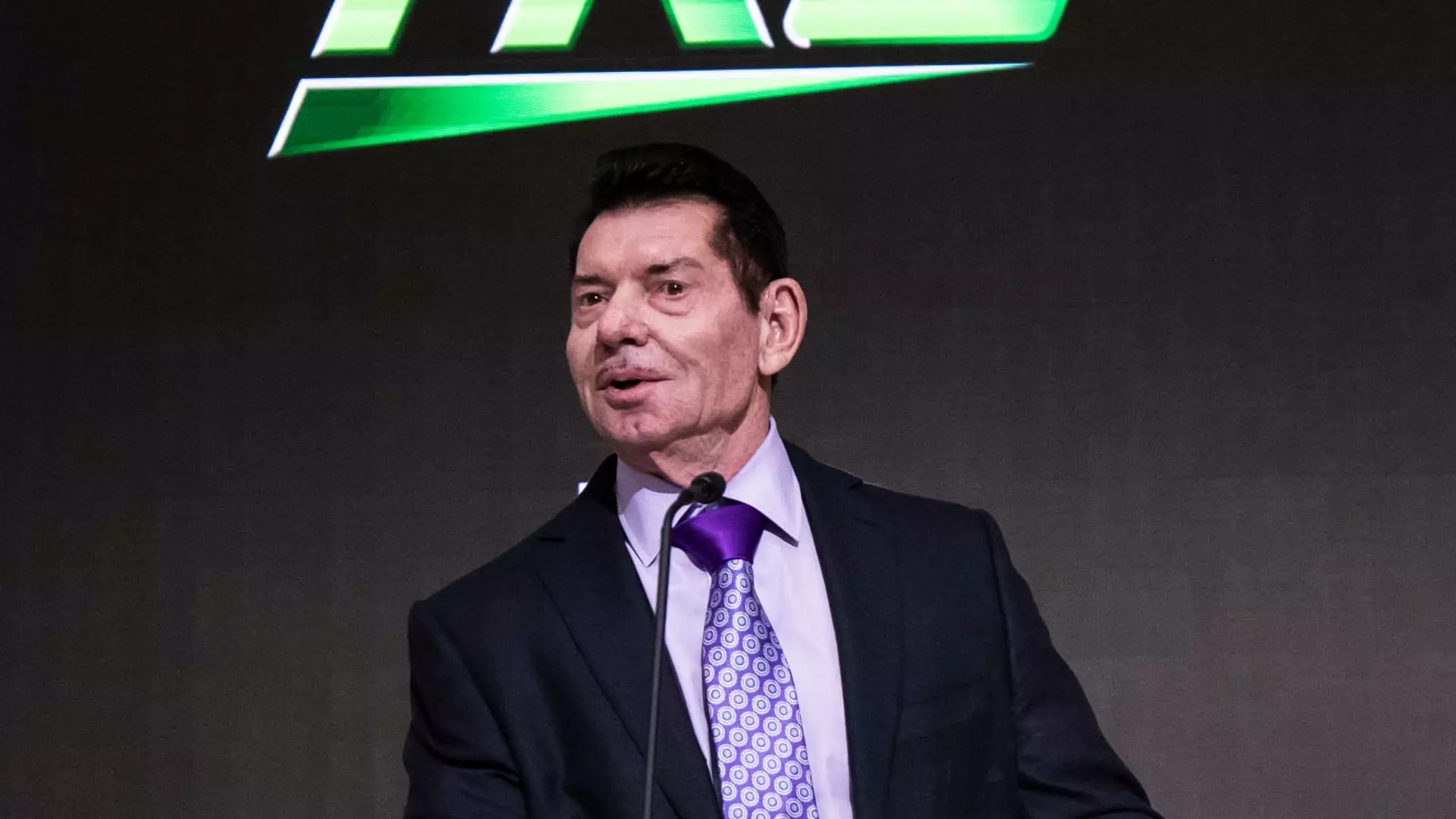Vince McMahon, the former chairman of WWE and a prominent figure in professional wrestling, recently found himself ensnared in a web of legal complications that have raised significant questions about corporate governance and personal conduct within one of the most recognized sports entertainment companies in the world. The U.S. Securities and Exchange Commission (SEC) has leveled serious charges against McMahon, citing violations of federal securities laws stemming from undisclosed settlement agreements totaling $10.5 million with two women. Here, we will analyze the implications of these accusations, their consequences for WWE, and broader ramifications for corporate ethics.
The SEC revealed that McMahon failed to inform WWE’s board of the settlements with two women, an oversight deemed as circumventing the company’s internal accounting controls. This lapse not only led to significant discrepancies in WWE’s financial records but also raises alarming concerns regarding the transparency and integrity of corporate governance. Specifically, the SEC noted that these undisclosed agreements resulted in material misrepresentations in WWE’s financial statements for 2018 and 2021.
Furthermore, McMahon’s agreement to pay a $400,000 civil penalty and to reimburse the organization $1.33 million underscores the severity of the violations. This financial settlement, while significant, may be just the tip of the iceberg regarding how the actions of an executive can reverberate through a publicly traded company.
The ramifications of McMahon’s actions are not merely legal but also have far-reaching implications for WWE’s financial integrity. The SEC claims that the failure to report the settlement agreements resulted in an overstatement of the company’s net income, creating a misleading picture for investors, stakeholders, and the public. Specifically, WWE overstated its net income for 2018 by approximately 8% and 2021 by 1.7%.
Investors rely on accurate financial statements to make informed decisions, and significant inaccuracies can erode trust in the company and its leaders. The reputation of WWE, which has been a titan in the sports entertainment industry since its inception, could now be jeopardized as the fallout from this scandal unfolds.
The legal landscape surrounding McMahon is becoming increasingly complicated, especially with pending lawsuits related to allegations of sexual misconduct and trafficking. One particularly notable case involves former WWE employee Janel Grant, who has accused McMahon of sexual assault and claims that he agreed to pay her $3 million to maintain confidentiality.
As these legal battles continue, they could serve as a stark reminder of the responsibilities that come with leadership, especially in a company as high-profile as WWE. Legal accountability is paramount, particularly for executives whose decisions can significantly influence both corporate culture and public perception.
With McMahon stepping down from his position as executive chairman of the newly formed TKO Group, the company faces an opportunity for reflection and reform. The ramifications of such a scandal often lead to a re-evaluation of corporate governance structures and accountability measures. WWE may need to implement stricter internal controls and transparency protocols to safeguard against similar controversies in the future.
Moreover, the wrestling community and fans are left to ponder how much influence personal conduct can wield over a multi-billion dollar corporation. The narrative surrounding wrestling entertainment has often intersected with the lives of its performers, making it necessary for WWE to start prioritizing ethical leadership and creating an environment where employees feel safe to report misconduct without fear of retaliation.
Vince McMahon’s SEC charges serve not only as a personal reckoning but as a cautionary tale for corporate America. The intersection of powerful public figures and their responsibilities to their organizations can lead to significant consequences that extend beyond the legal realm. As this case unfolds, it offers a vital opportunity for introspection, systemic reform, and the commitment to an ethical framework guiding corporate governance.
It remains to be seen how WWE will adapt in a post-McMahon world, but one thing is clear: the expectations for transparency, accountability, and ethical leadership have never been higher.


Leave a Reply